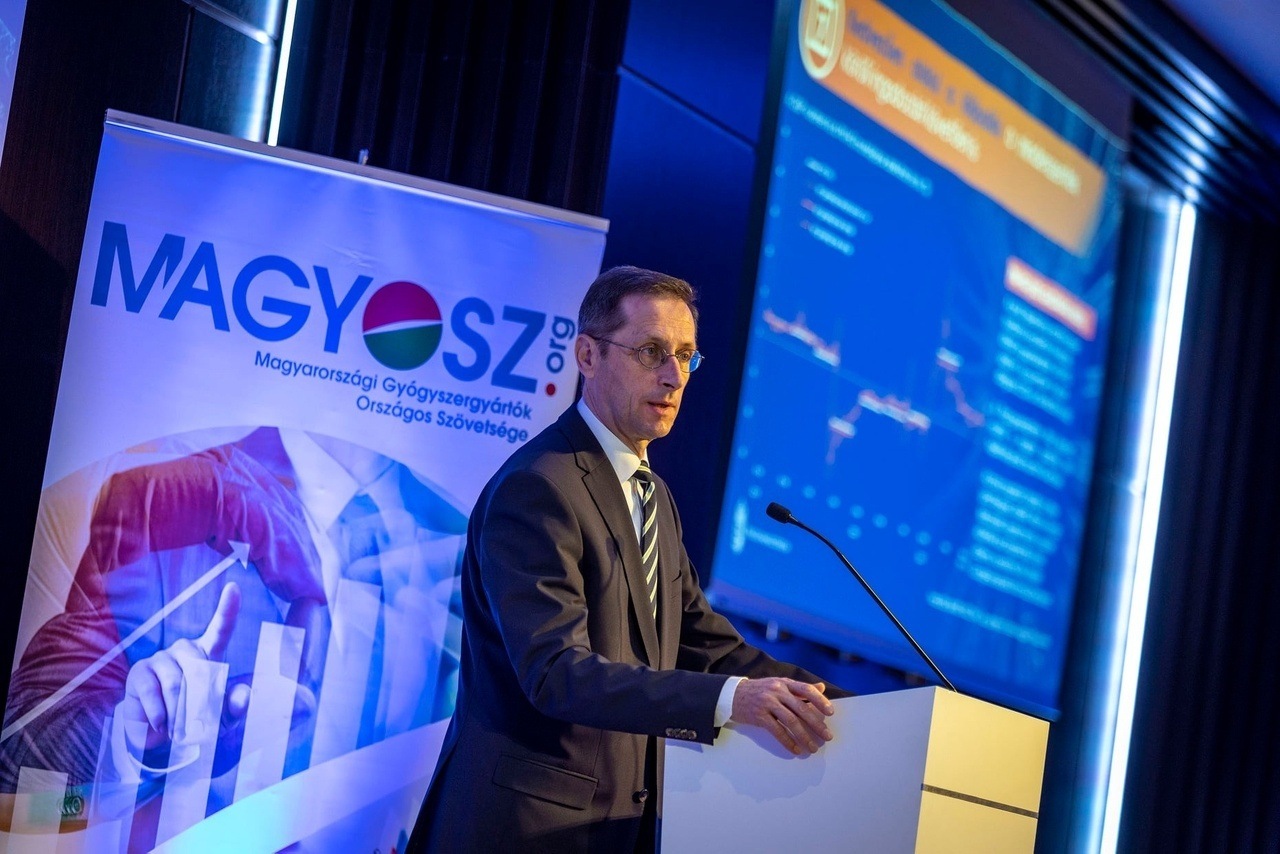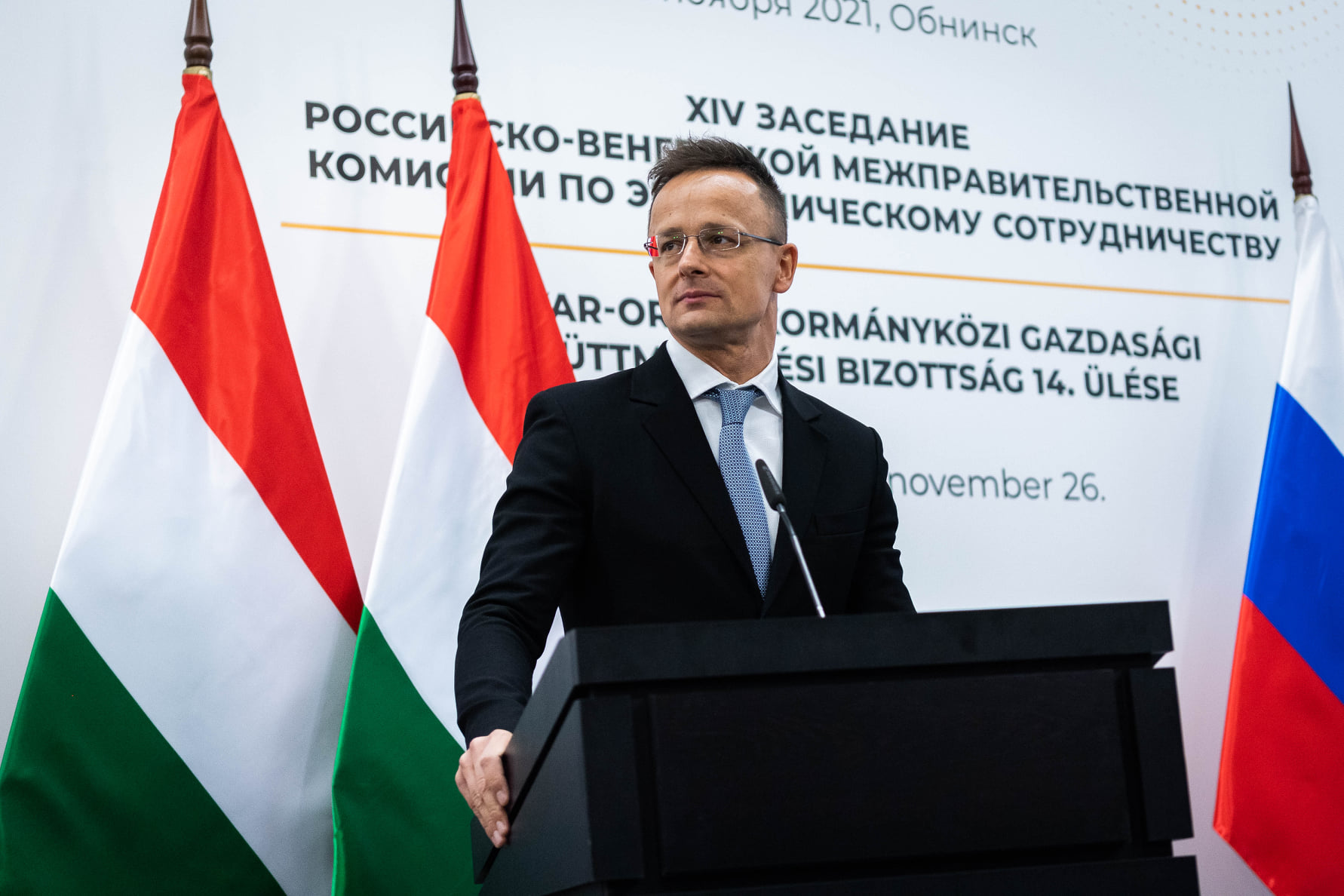Finance Min: Hungary has one of the highest investment rates in the EU

Hungary’s investment volume grew by an annual 12.4 percent in the third quarter, up from a low base, the Central Statistical Office (KSH) said on Friday.
Commenting on the data, Finance Minister Mihály Varga said the Hungarian economy benefitted from 7,800 billion forints’ (€ 21.67 billion) worth of investments over the first nine months of the year.
Investments were mainly driven by the construction and manufacturing sectors, the shipping industry, storage, trade and agriculture, Varga said on Facebook.
Hungary’s investment rate has risen above 27 percent of GDP from 20 percent since 2010, the minister said, adding that this was among the highest rates in the European Union. Hungary is also “in a poll position” in terms of economic growth within the EU, “and we’re working to maintain this advantage,” Varga said.
Analysts told MTI that the Q3 investment figures exceeded pre-pandemic levels and were expected to receive a further boost from the payout of EU funds.
Corporate investments jumped by 21.8 percent to 1,756 billion forints (€ 4.8 billion), while public sector investments declined by 11.7 percent to 402 billion.
Hungary to unite the Carpathian Basin economically?
Hungary economy back at pre-pandemic levels says government
In a quarter-on-quarter comparison, investment volume rose by a seasonally-adjusted 1.8 percent. In absolute terms, Q3 investments came to 3,065 billion forints (€ 8.3 billion). Construction investments accounted for about 60 percent of the total.
Manufacturing sector investments climbed 24.9 percent, construction sector investments rose by 3.0 percent and investments in the commercial accommodations and catering sector jumped 53.0 percent.
Takarékbank chief analyst Gergely Suppan said investments supported by both the state budget and EU funds were expected to increase, while the Next Generation EU recovery fund would provide additional resources.
To offset the delay in the payout of EU recovery monies, the government has decided to pre-finance the projects that they are meant to cover, he noted. Suppan put full-year investment growth at above 7 percent.
Dániel Molnár of economic research institute Századvég said the fact that investment growth in Q3 was mainly driven by the private sector showed that businesses had recovered from the crisis caused by the pandemic and had restarted their previously abandoned developments, in addition to investing in new ones. He projected investment growth to remain robust in the long term, adding, at the same time, that it was heavily dependent on the performance of the economy and that a slowdown in the recovery could hold back investments.
Source: MTI


